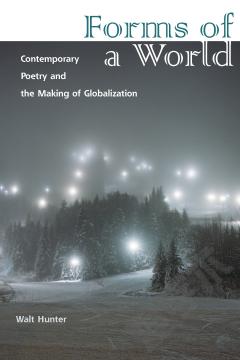What is Poetry?: Language and Memory in the Poems of the World
Poetry, defined as language divided into lines, is found in most known human cultures. This book argues that each line fits as a whole unit into the limited capacity of human working memory, and that metre, rhyme, alliteration and parallelism are dependent on the line and are processed in working memory. Referring to over 130 literatures, many with analyzed examples, the book surveys the forms of poetry and how it is performed, including sung and signed literatures. Various kinds of poetic form are distinguished and explained, and complex forms such as metre and rhyme are separated into parts which have different relations to memory and psychology. These approaches to poetry which focus on language, form and memory help us understand why poetry is a particularly valued way of using language.
{{comment.content}}








 京公网安备 11010802027623号
京公网安备 11010802027623号